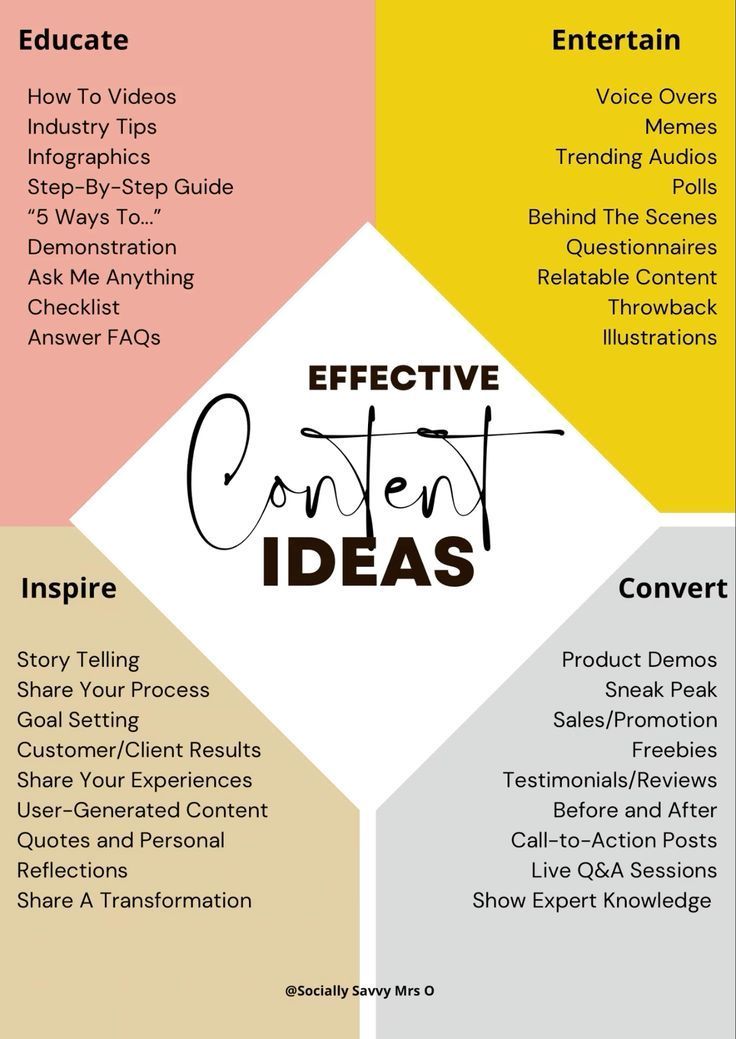
Breaking Stereotypes: Thriving in a Non-Traditional Career Path (My Story)
For me, choosing a non-traditional career path wasn’t just a decision, it was a calling. It wasn’t always easy. There were raised eyebrows, skeptical comments, and moments of self-doubt. But I persevered, and I learned a lot about what it takes to thrive when you’re blazing your own trail. This is my story, and some of the key lessons I’ve learned:
1. Defining “Success” on My Own Terms: I quickly realized that the traditional measures of success (corner office, hefty paycheck, etc.) didn’t align with my values. I had to define what success meant to me. For me, it was about passion, purpose, and making a real impact. Once I clarified my own definition of success, it became much easier to navigate the challenges of a non-traditional path.
2. Embracing the Unknown: I had to get comfortable with uncertainty.
Non-traditional careers often involve more risk and less stability than traditional ones. 1 There’s no set roadmap, and you often have to figure things out as you go. I learned to embrace the unknown, to be adaptable, and to see challenges as opportunities for growth. 1. The Road Less Traveled: Unconventional Career Transitions | by Gary Pryor | Mediummedium.com
3. Building My Own Support System: I realized that I couldn’t do it all alone. Building a strong support system was crucial. This included mentors, peers, and even family and friends who believed in my vision. I sought out people who understood my journey and could offer guidance, encouragement, and a listening ear.
4. Developing a Unique Skillset: I knew that I needed to differentiate myself. I focused on developing a unique skillset that was in demand but not readily available. This involved continuous learning, experimentation, and a willingness to step outside my comfort zone. By becoming an expert in my chosen niche, I was able to create my own opportunities.
5. Communicating My Value: I learned that I needed to be able to articulate the value I bring to the table. Since my career path wasn’t easily understood by everyone, I had to be able to explain my skills, my experience, and my unique approach in a clear and compelling way. This was essential for attracting clients, partners, and collaborators.
6. Being My Own Advocate: I quickly realized that no one else was going to champion my career like I would. I had to be my own advocate, to promote my work, and to stand up for myself when necessary. This meant being assertive, confident, and willing to take risks.
7. Celebrating Small Wins: I learned to celebrate the small victories along the way. Building a non-traditional career is a marathon, not a sprint. It’s important to acknowledge and appreciate the progress you’re making, no matter how small it seems. This helps to stay motivated and keep moving forward.
8. Staying True to My Vision: I faced pressure to conform, to take the “safe” route. But I knew that I had to stay true to my vision, even when it was challenging. This meant saying no to opportunities that didn’t align with my goals and focusing on the path that felt right for me.
Thriving in a non-traditional career path isn’t easy, but it’s incredibly rewarding. It’s a journey of self-discovery, growth, and empowerment. By defining success on my own terms, embracing the unknown, and staying true to my vision, I’ve been able to create a career that is both fulfilling and meaningful. And I believe anyone can do the same.
No Responses